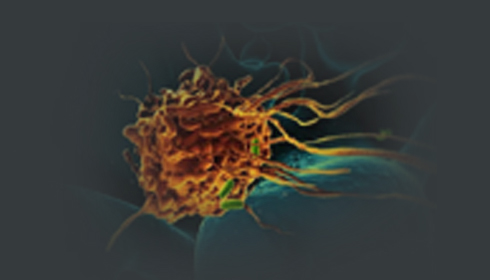
Belgian Researchers Discover New Macrophages that Aid in Lung Repair Post-Viral Infections
Researchers at the University of Liège in Belgium have made a significant finding that can potentially alter the treatment of respiratory virus-induced lung injury. The researchers discovered a novel form of macrophage, an innate immune cell, that plays an important role in lung regeneration following viral injury.
Respiratory infections, while typically causing mild illness, can lead to serious problems. The COVID-19 pandemic demonstrated the potential for such viruses to inflict considerable lung damage, particularly in the alveoli—the tiny air sacs that regulate gas exchange. Persistent damage can result in acute respiratory distress syndrome (ARDS) and chronic difficulties, such as long-term COVID, which cause impaired lung function, chronic tiredness, and exercise intolerance.
Macrophages are well-documented in the acute phase of respiratory infections, but their involvement after recovery is less clear. Dr. Coraline Radermecker and Prof. Thomas Marichal's research at the GIGA Institute at the University of Liège demonstrates that the transitory recruitment of atypical macrophages during the early recovery phase is critical for the regeneration of injured alveoli.
Dr. Coraline Radermecker stated, "Our findings reveal a novel and critical mechanism for alveolar healing by these atypical macrophages. Their characteristics, origin, and signal needs were discussed. We focused on their role in regenerating type 2 alveolar epithelial cells, which are required for alveolar repair.
Previously, researchers disregarded these macrophages because they expressed a neutrophil-specific signal and only appeared briefly during the healing phase before departing. Prof. Thomas Marichal stated, "Our study demonstrates the reparative activity of these macrophages, refuting the widely held belief that macrophages following respiratory virus infections are simply harmful. By boosting or activating these macrophages' repair capabilities, we could create new medicines that promote lung regeneration and lessen the consequences of severe respiratory infections and ARDS.
The discovery is similar to hiring specialized gardeners who clean trash and plant new seeds after a storm to revitalize a damaged garden. This innovation opens up new opportunities for treating respiratory disorders and may lead to more successful lung repair therapies.